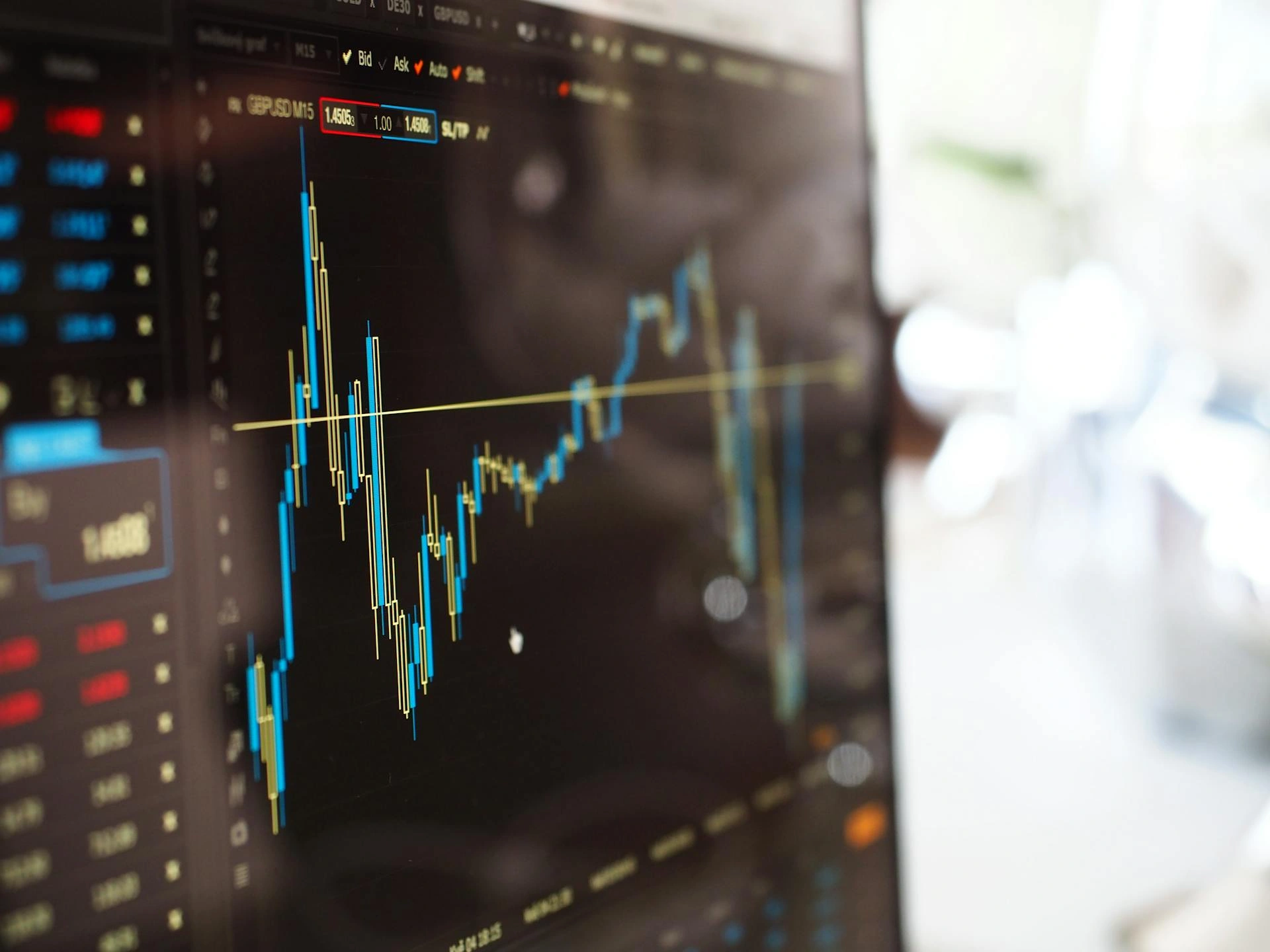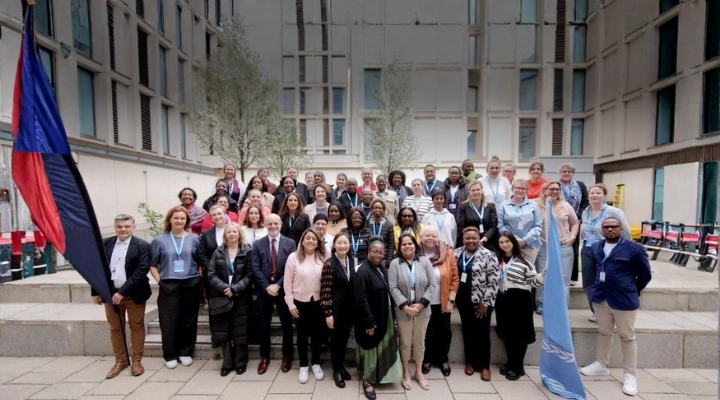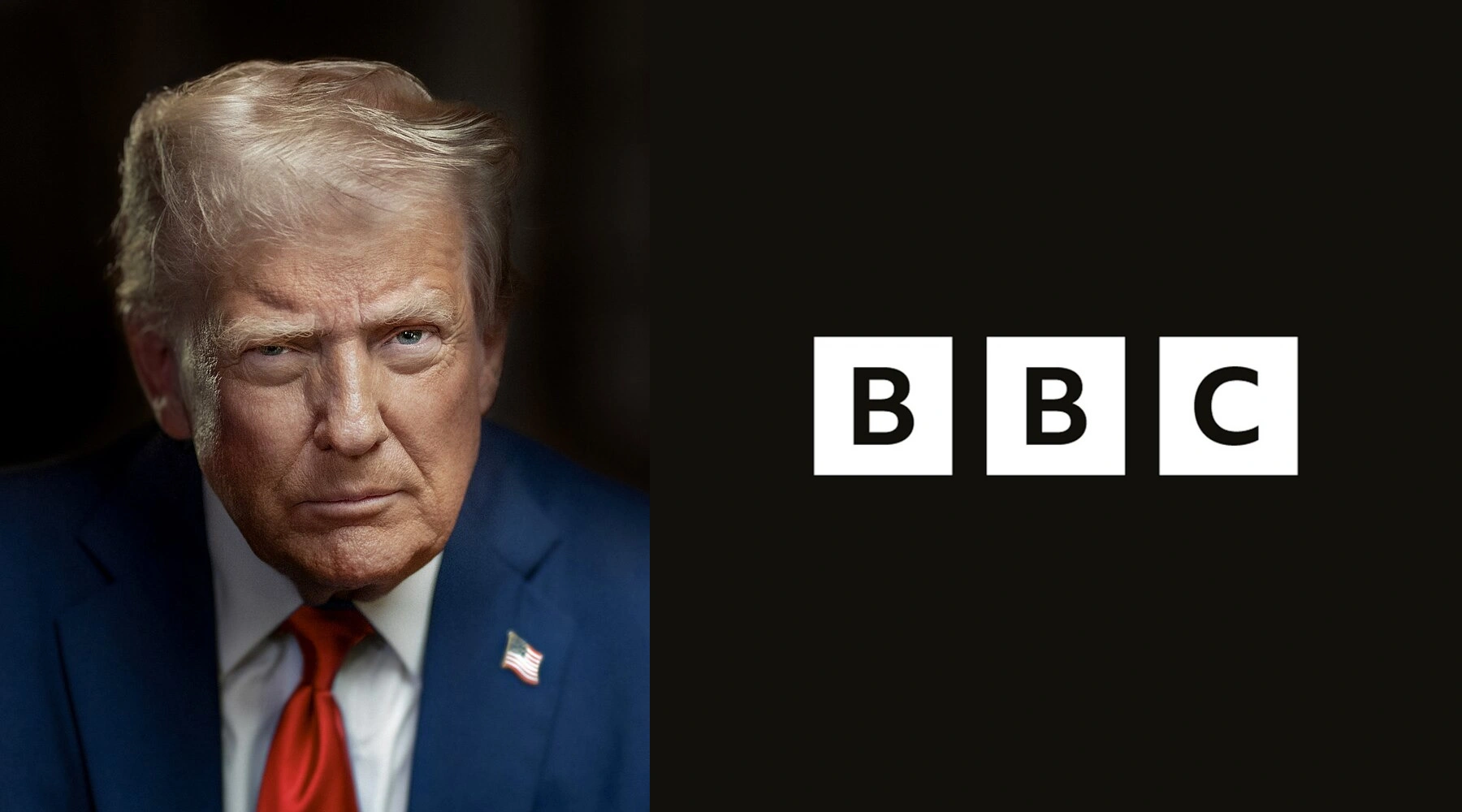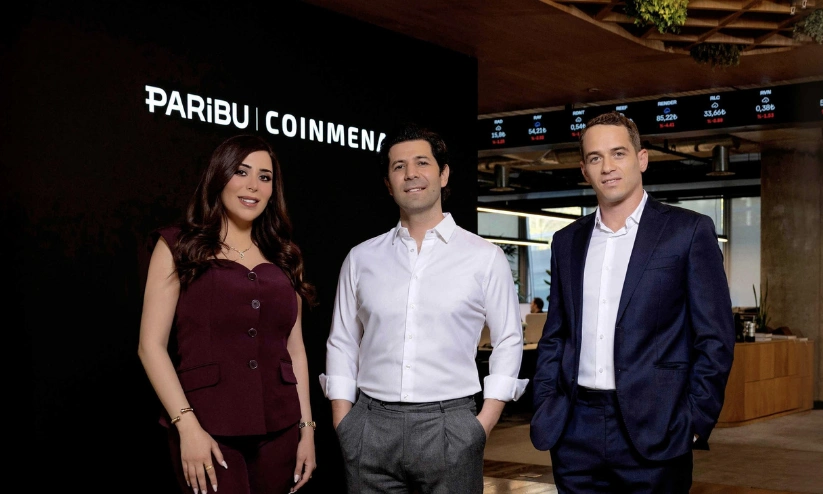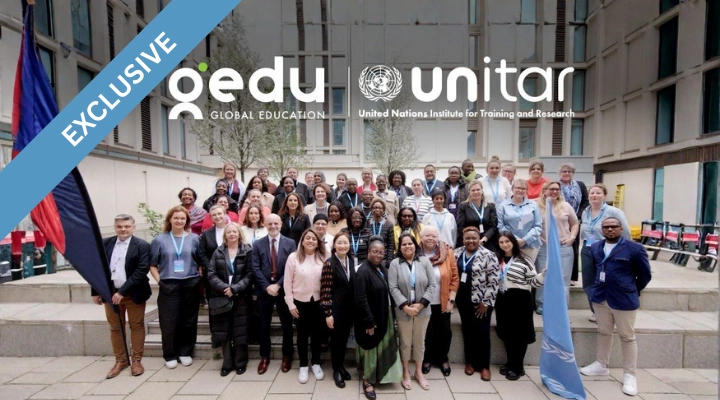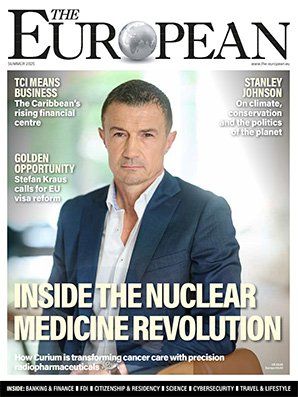Realising the true value of health economics

John E. Kaye

The COVID crisis has demonstrated a lack of understanding of how public health and the economy interact, says Marisa Miraldo of Imperial College Business School
In August, the British commercial and retail bank, Lloyds, released its latest business barometer, revealing a four-year high in confidence among UK firms. According to the snapshot, factors contributing to confidence levels included Britain’s vaccine roll-out, the removal of lockdown restrictions across much of the UK, and changes to self-isolation rules. A senior economist at Lloyds said that business optimism reaching its highest level in over four years “tells a positive story about the country’s economic recovery.” This is great news for the UK, as business confidence – much like consumer confidence – is key to economic prosperity. But, if we look back over the course of the last 12 to 18 months, things haven’t always looked quite so positive.
With little to no experience of how to control infections at a scale that the COVID-19 pandemic demanded, the blanket shutdown of all but essential businesses crippled many sectors across the UK and Europe. Now, there’s no doubt that the decision to bring countless industries to a halt was driven by admirable intentions: to stem the transmission of a novel virus that had quickly spread across the globe. After all, this crisis has, if nothing else, reaffirmed how important it is to keep people healthy. But what has become clear over the last year and a half is that there remains a lack of understanding of how public health and the economy interact with one another. As a Professor of Health Economics – a field that sits at the interface between economics, public health and public policy – it’s my job to recognise the nuances of this relationship. But, with the coronavirus pandemic firmly in mind, the need for such expertise must become more widely held.
Individuals and authorities cannot make difficult decisions that have a bearing on the economy, public health, social care and treatment without a clear understanding of the complex trade-offs and indirect effects that come with those choices.
Going forward, if we’re to be better prepared for future health crises, policymakers, business leaders and health experts must have a deeper appreciation for how public health and the economy – two seemingly-distinct arenas – impact, engage with, and rely upon one another.
Health Vs. Wealth:
A false debate throughout this crisis we’ve tended to think of lockdowns and pandemic-induced restrictions on activities in terms of health versus wealth. But, as any health economist will tell you, health and the economy go hand in hand.
Entitlement to good health is close to a universal human right. And, without doubt, this should prevail over economic concerns. But no health system can provide for all our needs: we must consider economic factors. That being said, health has an instrumental value. Being healthy is a precondition to learning, working and being productive. Healthier societies perform better economically.
Whichever way you look at it, the overriding reality is clear: for an effective healthcare system, and a generally healthy population, we must be able to perform economically; and health is a precondition for economic success. You really can’t have one without the other. It is for this reason that blanket shutdowns across virtually all sectors cannot be seen as a viable tool for tackling future health crises. The above-mentioned crippling effect of nationwide lockdowns on economic productivity, which saw countless firms – both small and large – fold under mounting pressure, mustn’t be seen as purely a loss for business. They disproportionately affected the livelihoods of poorer people. Strategies to mitigate the pandemic that protect health at the cost of decreased economic activity may actually widen socioeconomic inequalities and cause ill health for the most deprived in our society.
Further still, the blunt instrument that was a state-wide, blanket shutdown of all but essential commercial activity did not take into account the fact that different sectors carry different levels of risk. Manufacturing, for example, carries a lower risk of infection than hospitality. This, compounded with the fact that, for many industries, the risk of infection may not match their relevance to the economy, further emphasises the need for a more targeted approach to sector closures.
At Imperial, aware of the mutual dependence of public health and the economy, we built a model that identified which sectors should have been closed to minimise the impact on the economy, while keeping schools and universities open and controlling infections so hospitals could cope. Now, it should be noted that Imperial was not alone in its view that health and the economy go hand in hand. From the outset, governments across the planet have sought to strike a balance between preserving at least a semblance of economic productivity, and trying to limit the spread of COVID-19. So, there’s no doubt that policymakers appreciate the relationship between economic prosperity and public health goals.
But the fact remains, when faced with numerous, seemingly-incompatible objectives, decision-makers must be better equipped to prioritise effectively.
Effective decision-making demands proper education
This is what we teach on our MSc in International Health Management: the rationale for policy interventions in healthcare markets to promote efficiency while also taking equity into account. We look at why markets in healthcare may not be efficient, how they can fail, and how governments can and should intervene. Policymakers of the future must be equipped to take informed decisions. I teach students how to model these difficult decisions and the tools they need to decide whether X should be funded over Y.
Most importantly though, at Imperial we teach our students that, while efficiency may be a key performance metric in economics, when it comes to public health and health economics, it’s not the sole goal of policymakers. They must also take into account what society deems fair and the inevitable trade-offs between favouring a group of people (or economic sector) versus another that is inevitable in the context of scarce resources. This, however, comes with its own set of challenges.
What constitutes fair? And how do we reach that judgement? If we don’t study this and embed these considerations in policymaking and clinical guidance, we force the burden of choice upon those on the front line when tackling a health crisis – healthcare professionals. A very salient challenge during the pandemic has been whom to prioritise to hospital care given the severe scarcity of hospital beds, staff, and equipment during the pandemic. This challenged has haunted policy makers and health professionals internationally – should we give the only available critical care bed to an elderly patient suffering of COVID or to a young cancer patient? Governments have addressed these challenges in ways that do not make the best use of existing hospital capacity to the detriment of population health. At Imperial, aware such challenges were the key driver of severe lockdowns by policy makers, we built a prioritisation tool that informs which patients should be admitted first to hospital to maximise years of life gained at population level, minimise costs of care provision, and avoid avoidable waiting lists that will bring further health and economic losses in the near future.
Making difficult decisions – irrespective of what field you’re in – requires the appropriate toolkit and methodologies. At Imperial, whether in our International Health Management programme, or through our short courses, we teach students to deal with uncertainty and a challenging, ever-changing environment. We do this because it’s true: the world is always changing, presenting new obstacles for us to overcome.
Whether you’re a healthcare leadership professional or policymaker, the COVID-19 pandemic has reaffirmed the importance of health economics to effective decision-making. Ensuring that decision makers have the necessary skills and know-how to make effective decisions based on a deep understanding of the trade-offs involved in that choice will be vital to ensuring that we are better prepared for future health crises, as they are inevitable.
About the author

Dr Marisa Miraldo is an Associate Professor in Health Economics at Imperial College Business School. She’s also a member of Imperial’s Centre for Health Economics & Policy Innovation.
Sign up to The European Newsletter
RECENT ARTICLES
-
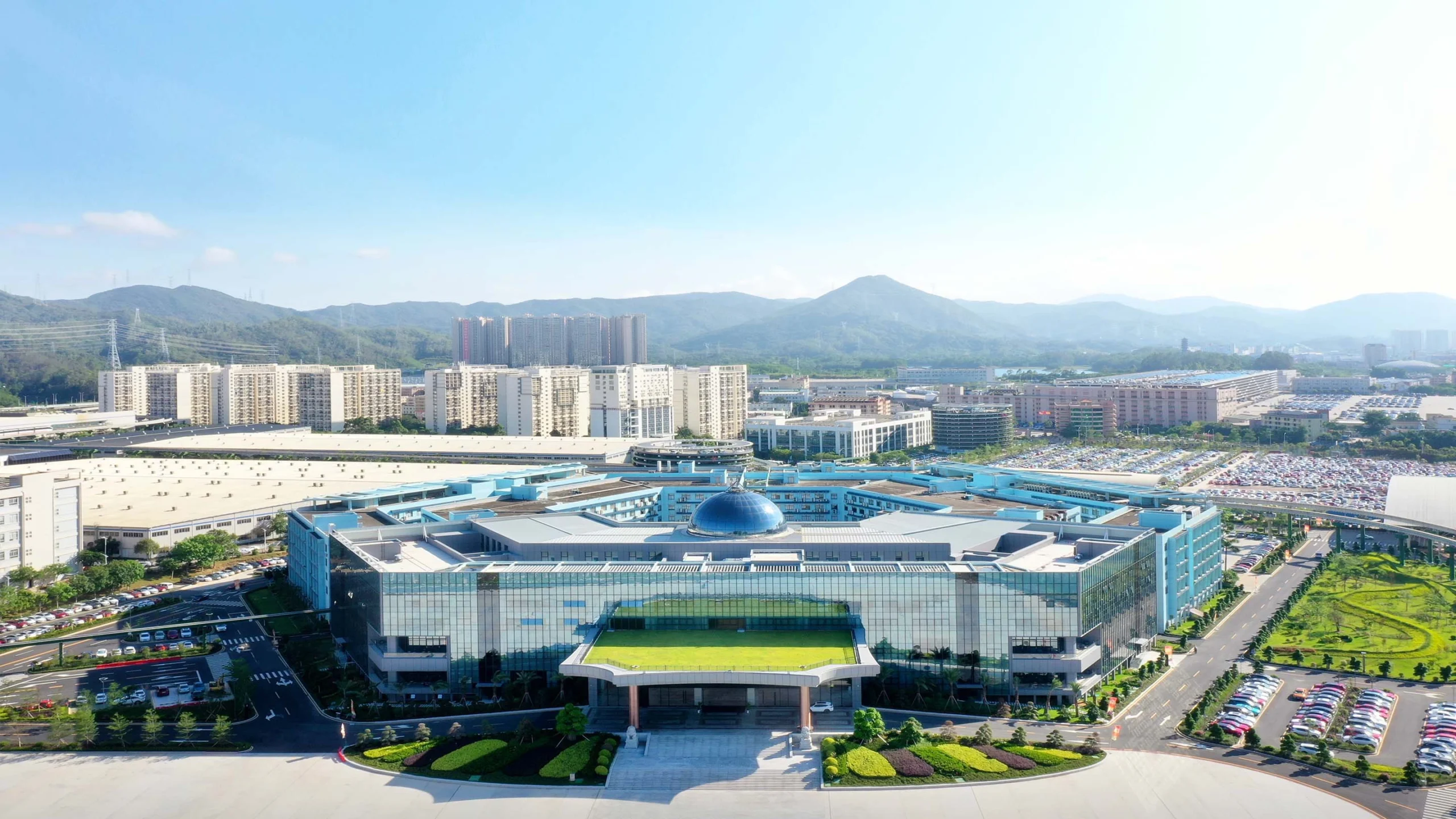 China’s BYD overtakes Tesla as world’s largest electric car seller
China’s BYD overtakes Tesla as world’s largest electric car seller -
 FTSE 100 posts strongest annual gain since 2009 as London market faces IPO test
FTSE 100 posts strongest annual gain since 2009 as London market faces IPO test -
 Five of the biggest New Year’s Eve fireworks happening tonight — and where to watch them
Five of the biggest New Year’s Eve fireworks happening tonight — and where to watch them -
 UK education group signs agreement to operate UN training centre network hub
UK education group signs agreement to operate UN training centre network hub -
 Cornwall project to open new UK test airspace for drones and autonomous aircraft
Cornwall project to open new UK test airspace for drones and autonomous aircraft -
 Birding tourism market set for rapid growth through 2032, report finds
Birding tourism market set for rapid growth through 2032, report finds -
 Luxury travel market set to more than double by 2035 as older, wealthier travellers drive demand
Luxury travel market set to more than double by 2035 as older, wealthier travellers drive demand -
 UK and South Korea finalise upgraded free trade agreement
UK and South Korea finalise upgraded free trade agreement -
 Trump lawsuit against BBC raises questions over legal pressure on European public broadcasters
Trump lawsuit against BBC raises questions over legal pressure on European public broadcasters -
 UK government sets up Women in Tech taskforce amid gender imbalance concerns
UK government sets up Women in Tech taskforce amid gender imbalance concerns -
 Mycelium breakthrough shows there’s mush-room to grow in greener manufacturing
Mycelium breakthrough shows there’s mush-room to grow in greener manufacturing -
 Marriott strengthens South African portfolio with new Autograph Collection hotel in Cape Town
Marriott strengthens South African portfolio with new Autograph Collection hotel in Cape Town -
 Oxford to host new annual youth climate summit on UN World Environment Day
Oxford to host new annual youth climate summit on UN World Environment Day -
 Countdown to Davos 2026 as Switzerland gears up for the most heated talks in years
Countdown to Davos 2026 as Switzerland gears up for the most heated talks in years -
 Paribu buys CoinMENA in USD 240m deal as regional crypto markets consolidate
Paribu buys CoinMENA in USD 240m deal as regional crypto markets consolidate -
 AI innovation linked to a shrinking share of income for European workers
AI innovation linked to a shrinking share of income for European workers -
 African airspace overhaul set to shorten flight times for European travellers
African airspace overhaul set to shorten flight times for European travellers -
 Exclusive: Global United Nations delegates meet in London as GEDU sets out new cross-network sustainability plan
Exclusive: Global United Nations delegates meet in London as GEDU sets out new cross-network sustainability plan -
 Fast fashion brands ‘greenwash’ shoppers with guilt-easing claims, study warns
Fast fashion brands ‘greenwash’ shoppers with guilt-easing claims, study warns -
 Europe’s shrinking middle class is turning to the radical right, new study suggests
Europe’s shrinking middle class is turning to the radical right, new study suggests -
 Private sector set to overtake government as main driver of corporate sustainability in 2026, report suggests
Private sector set to overtake government as main driver of corporate sustainability in 2026, report suggests -
 Europe emphasises AI governance as North America moves faster towards autonomy, Digitate research shows
Europe emphasises AI governance as North America moves faster towards autonomy, Digitate research shows -
 JPMorgan plans multibillion-pound tower in Canary Wharf
JPMorgan plans multibillion-pound tower in Canary Wharf -
 Strong workplace relationships linked to higher initiative among staff, study finds
Strong workplace relationships linked to higher initiative among staff, study finds -
 Brexit still hitting poorest hardest as food costs rise and mental health worsens
Brexit still hitting poorest hardest as food costs rise and mental health worsens

